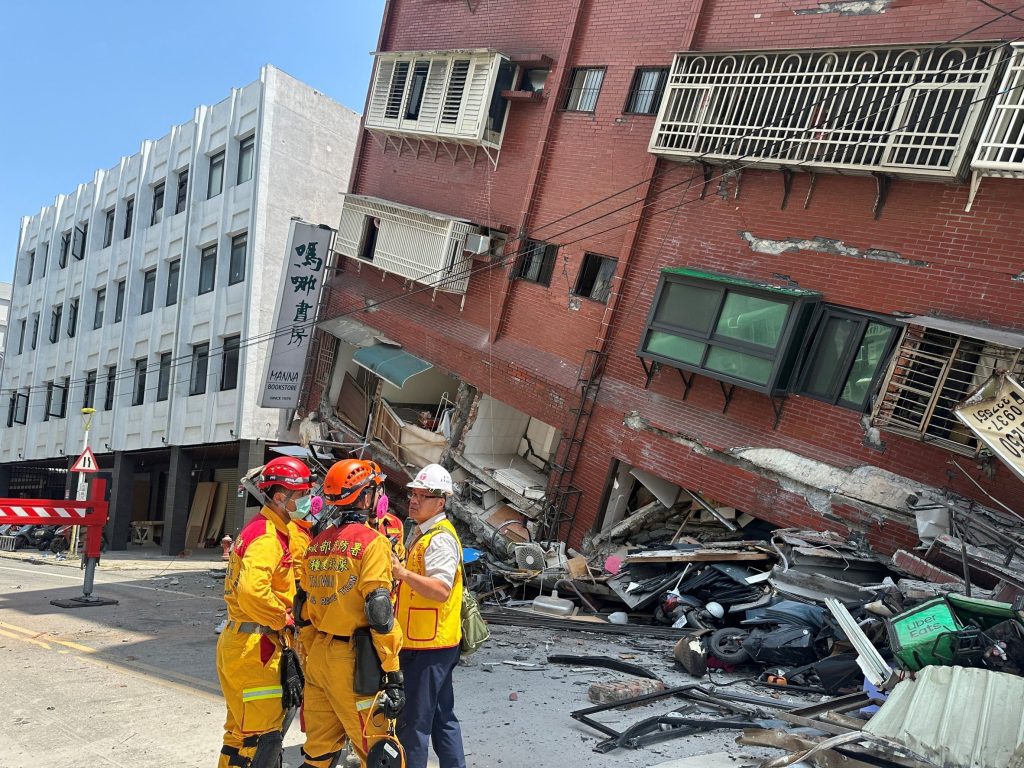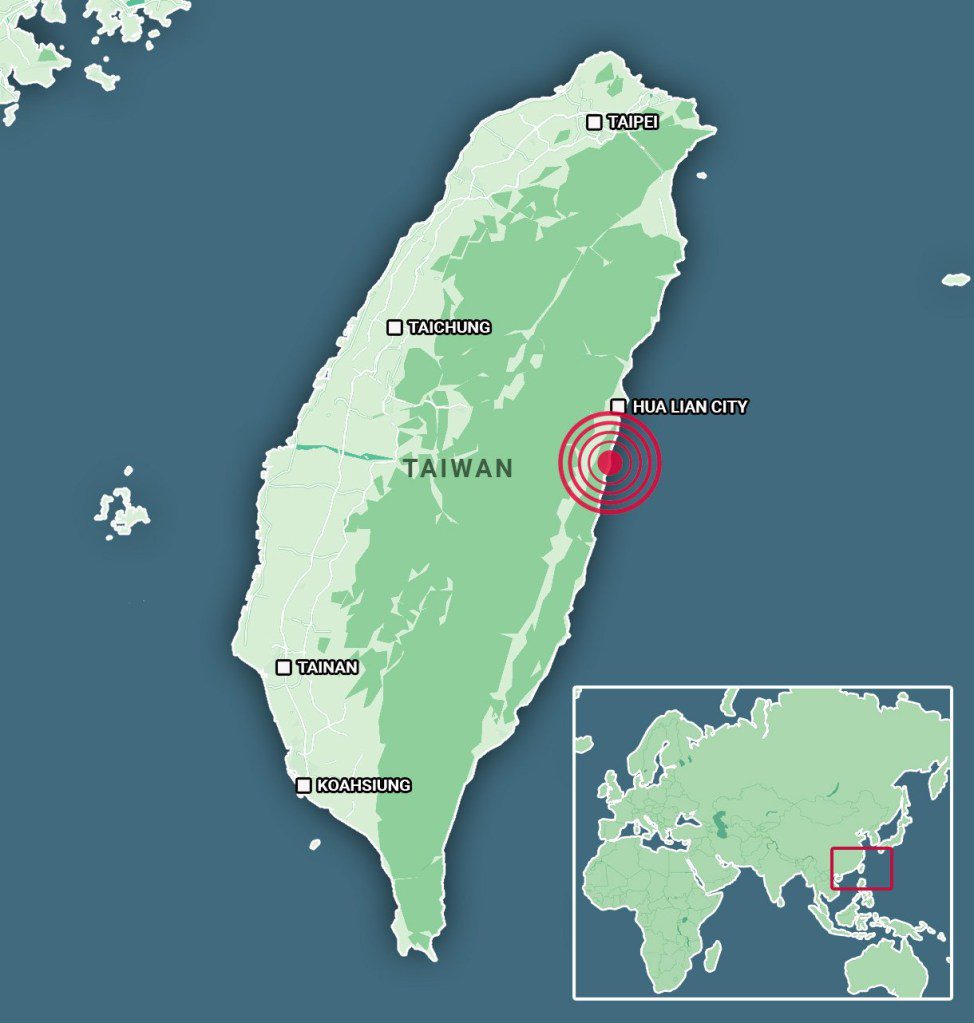Smart tech Prices for products are expected to go up for the next few months due to the earthquake. There was a huge 7.4 magnitude earthquake in Taiwan. It happened earlier today.
Taiwan makes about 80 to 90% of the world’s most advanced microchips, which are important parts in many devices like phones, laptops, cars, and the growing AI industry. smartphonesIt's anticipated that the cost of phones, laptops, and TVs will rise for a while because of the Taiwan earthquake. The growing AI industry depends on these microchips..
Following the earthquake, several microchip makers, including the Taiwan Semiconductor Manufacturing Co (TSMC), stopped production for some hours and evacuated factories.
Even though it might not seem like much, short interruptions can have major impacts on supply.
Creating microchips is a precise process, often working constantly 24/7 for several weeks.
Many of the affected factories were on the west side of the island, away from the earthquake's center, but the tremors may still have been strong enough to destroy entire groups of chips being made.
TSMC stated: ‘TSMC’s safety systems are working normally. Certain fabrication plants were evacuated to ensure staff safety. We are currently evaluating the extent of the impact.’
The world is already dealing with a shortage of microchips due to the Covid-19 pandemic, caused by high demand for tech products like smartphones, PCs, and laptops during the shift to remote work.
This led to higher prices for manufacturers, which were passed on to customers, and shipping delays.
Up Next
The shortage didn't only affect smartphones and laptops.
Car manufacturers also had issues with supply, causing delays in delivering new vehicles.
The ongoing shortage highlights concerns about such a crucial industry depending on a small island nation, which is also under threat of invasion by China.
China relies so much on microchips from Taiwan that a US congressman suggested that if China invaded Taiwan, TSMC would be destroyed as a deterrent.
This idea didn't sit well with Taiwan, but it emphasizes the strategic importance of the nation’s microchip industry, which quickly affects the rest of the world when it doesn't work perfectly.












